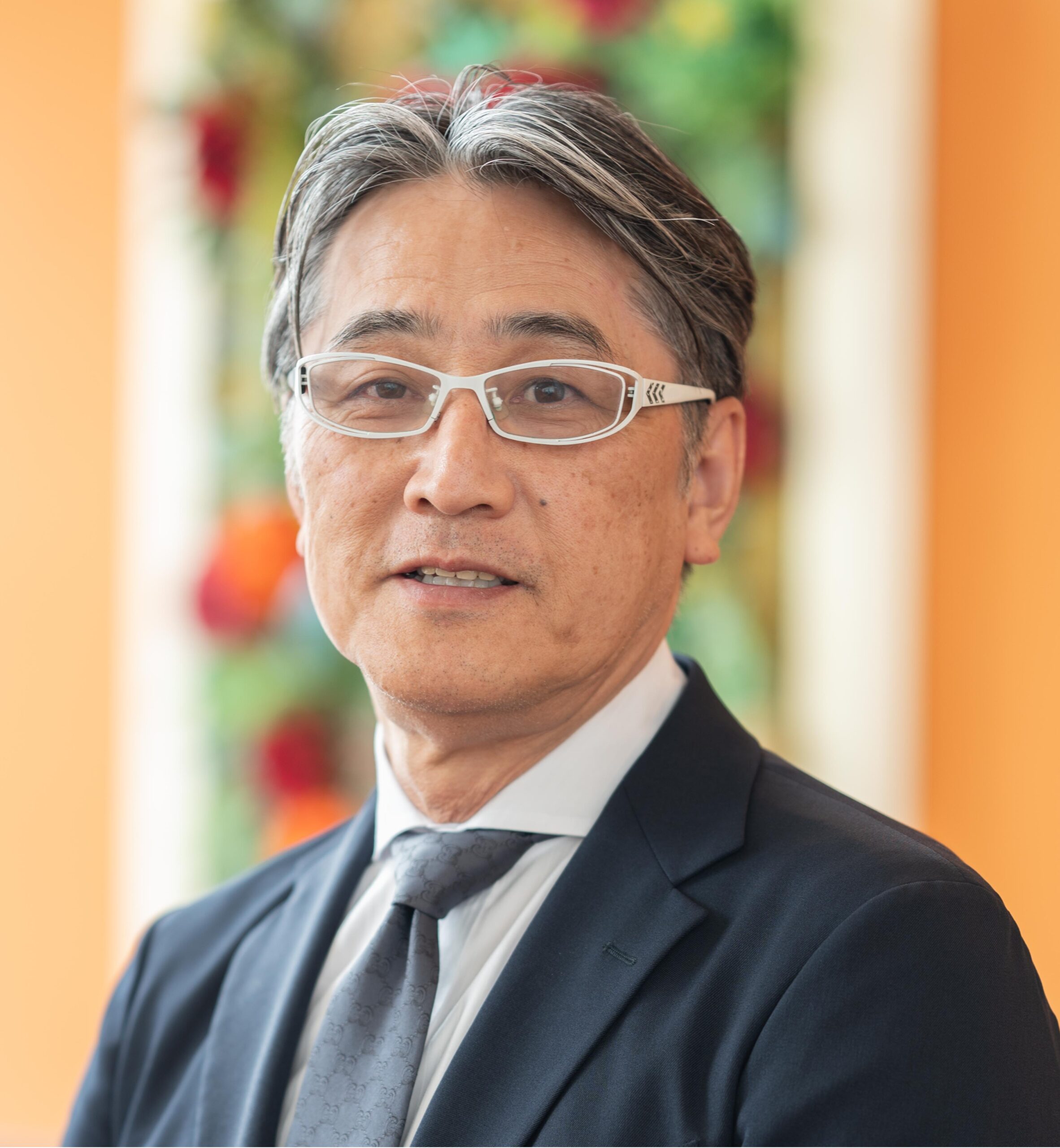Medical professionals

About the JSHT
Message From The Chairman

Chairman of The Japanese Society for Hereditary Tumors
Department of Surgery1 (Gastrointestinal and Endocrine Surgery),
University of Occupational and Environmental Health, Kitakyushu, Japan
Keiji Hirata
At the general meeting of members held in June 2025, I was appointed as the president of this society. Following in the footsteps of the first president, Prof. Joji Utsunomiya, and subsequent presidents Okio Hino, Naohiro Tomita, and Hideyuki Ishida, I now bear the weighty responsibility of this role. I am determined to devote my utmost efforts to the development of this society.
This society was established in 1994, based on a research group on hereditary colorectal cancer that originated within JSCCR (Japanese Society for Cancer of the Colon and Rectum). It was renamed the Japanese Society for Familial Tumors in 2005, and in 2019, it became the “Japanese Society for Hereditary Tumors,” a general incorporated association, which it remains today. Last year, in 2024, during the academic conference held in Sendai, the society held its 30th anniversary ceremony, reflecting on its history and looking toward a new future.
Upon reviewing the articles of incorporation of this society once again, its purpose is stated as “contributing to the practice, education, and research of familial or hereditary tumors.” The term “practice” here refers to the application of the results obtained through education and research to the individuals concerned. To achieve this, it is essential to leverage the unique characteristics of this society, which involves not only medical professionals but also researchers, government agencies, private companies, and most importantly, the affected individuals themselves, to engage in activities that can address various social issues.
With the rapid advancement of cancer genomics, there has been a growing focus on hereditary tumors, and the number of members of this society has increased dramatically, exceeding 2,300 as of May 2025. The diagnosis of hereditary tumors remains fundamentally based on medical interviews (family history) and the identification of phenotypes (clinical characteristics). However, genetic diagnosis is still subject to mixed insurance and out-of-pocket medical care, and the barriers to access remain high. Additionally, issues remain regarding the accuracy control and application to general clinical practice of genetic diagnosis in clinical trials and “in-house” settings. Additionally, for patients, when the phenotype spans multiple organs or areas, access to specialists or counselors knowledgeable about hereditary tumors who can manage the condition is still insufficient in some regions.
In order to overcome these challenges, we will strive to strengthen the foundation of the society and, based on that, promote the education and training of medical professionals, disseminate information through the expansion of guidelines, establish a registry system, and make policy proposals, with the ultimate goal of providing appropriate medical care to affected individuals. Together with the officers, councilors, and members of this society, we will work to develop the society with a spirit of unity.
We ask for your continued understanding, support, and cooperation regarding the objectives and policies of our society.
Jun 22, 2025



